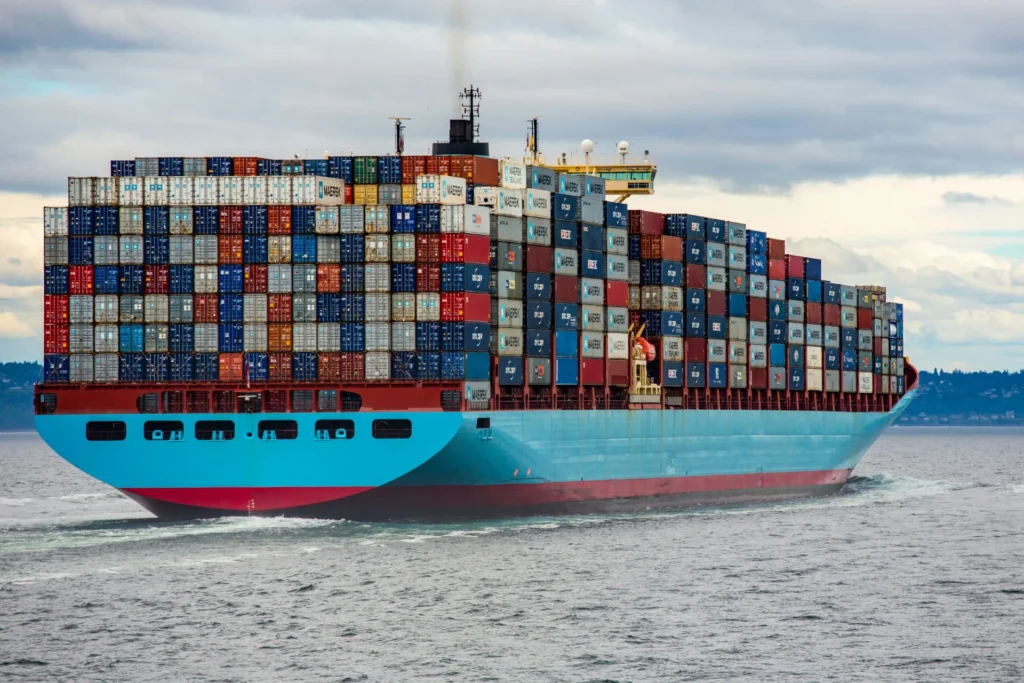Canada’s Prime Minister Mark Carney announced on Friday an important tariff decision easing retaliatory duties on US products but maintaining critical sector tariffs. Carney stated that Canada will remove 25% levies on US consumer goods in accordance with the US-Mexico-Canada Agreement, effective September 1.
The government intends to establish free trade for most goods while continuing to defend key industries. He emphasized that tariffs will remain on US steel, aluminum, and autos, reflecting their economic importance.
Talks with Washington continued as Carney spoke with President Donald Trump by phone on Thursday, their first conversation since missing a trade deadline. Trump later told reporters he expects further talks with Carney soon.
The White House welcomed the move, calling it long overdue, and said the discussion will continue on trade and national security issues. Canada retaliated against US tariffs with 25% duties on about C$30 billion in goods, including orange juice and washing machines.
The tariffs responded to US measures of up to 35% on goods not exempted under USMCA. Carney stressed that aligning with US tariff policies ensures Canadian workers retain advantages unavailable to most trading partners.
Steel and aluminum tariffs have disrupted Canadian suppliers, leading to contract cancellations and reduced production. Economists warn that auto manufacturing could suffer, given that vehicles cross North American borders multiple times before completion.
Ontario, Canada’s auto hub, has already reported losing 38,000 manufacturing jobs in recent months, a troubling sign for the sector. Carney signaled that Canada will prioritize negotiating outstanding disputes on autos, steel, aluminum, and lumber before the USMCA review scheduled for next year. Economists estimate Canada’s effective tariff rate sits near 5.6%, far below the global average, maintaining a relative advantage.









